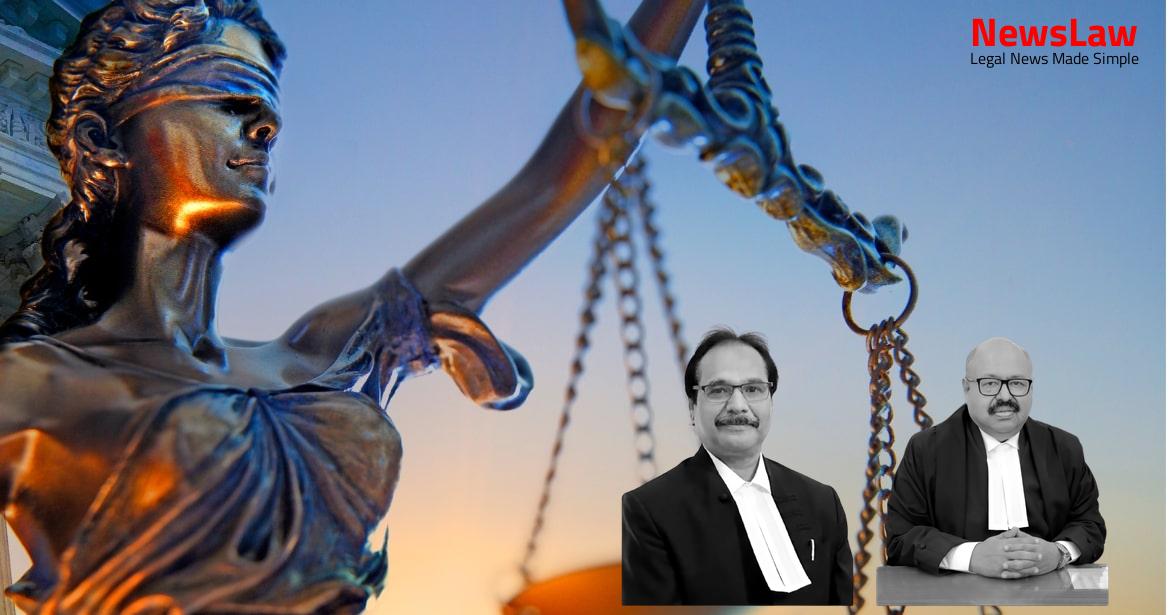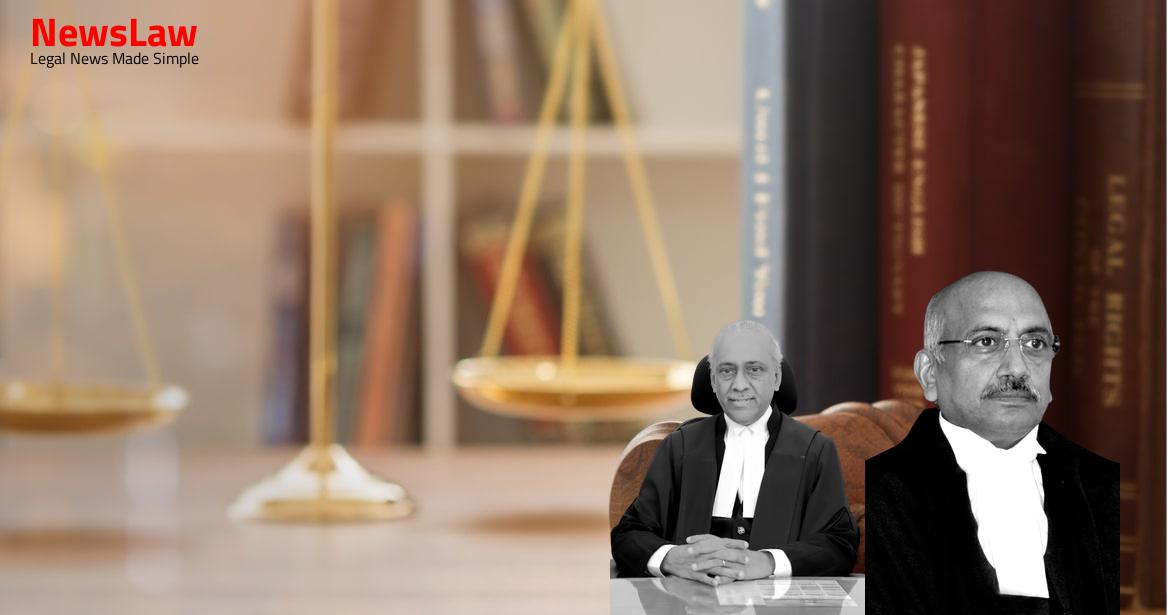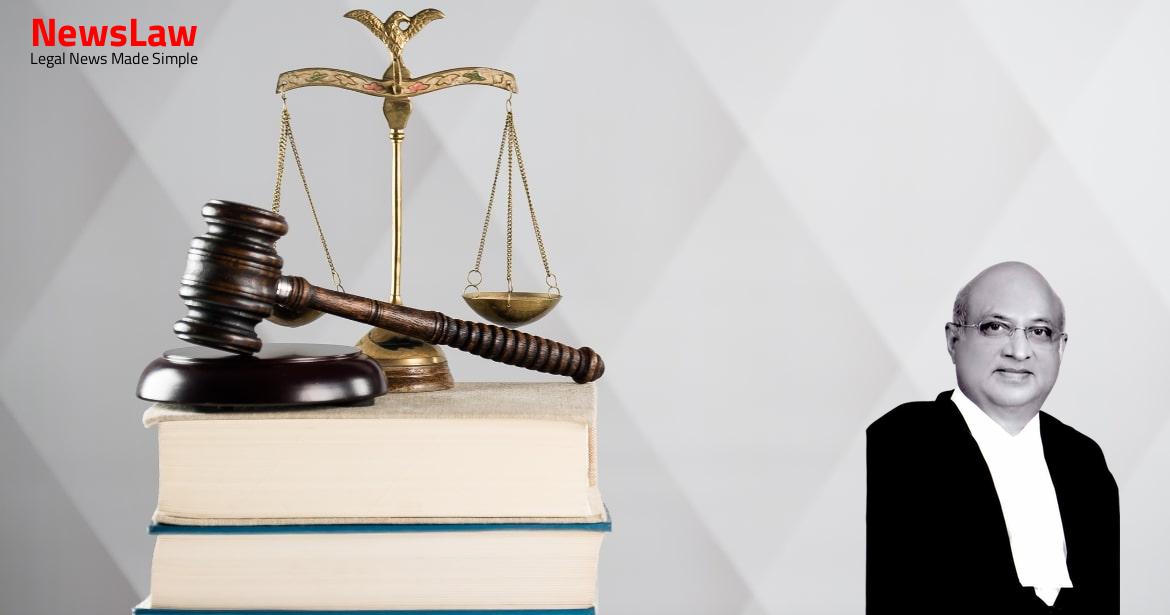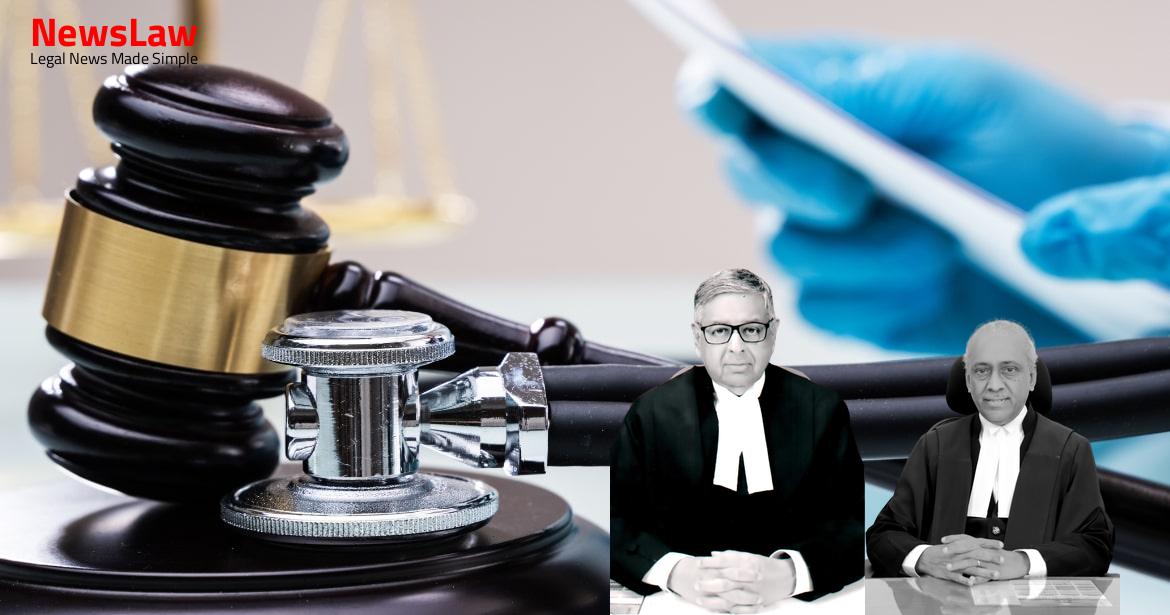In compliance of the transfer order, the appellant joined the Nazarat Branch in Baheri, District Bareilly as Process Server on 31.08.2001
but he was being paid the remuneration of Ardly.
As per the report of Munsarim dated 27.02.2003, the appellant joined the post of Process Server in the Court of Civil Judge, Baheri, Bareilly on 31.08.2001 and since then is working on the said post. The District Judge, Bareilly accepted the inquiry report dated 21.04.2006 and vide order dated 30.04.2007 dismissed the appellant which was challenged in appeal before the High Court and the same was dismissed vide order dated 19.09.2007 being devoid of any substance while affirming the order dated 30.04.2007 passed by the Disciplinary Authority imposing punishment of dismissal.
Learned counsel for the appellant would submit that the first charge, in particular, is vague as no finding has been recorded by the Inquiry Officer with regard to the allegations made in the letter dated 05.06.2003 against the officials.
On the contrary, the learned counsel for the High Court would submit that the appellant is habitual of making false allegations against the senior officers including the District Judge and the charges framed against him are specific and definite and not vague. However, the finding of the Inquiry Officer that the appellant’s statement in his application dated 05.06.2003 that he met the Central Nazir number of times between 24.08.2001 to 15.01.2003 is not reflected in appellant’s representation. Insofar as the allegation that the appellant made false allegations of discrimination on caste basis, it is significant to notice that the appellant himself has not made any such allegation in his letter dated 05.06.2003. Even though, in his letter dated 05.06.2003, the appellant has made specific allegation to this effect against the Central Nazir.
However, when the finding of 10 guilt recorded by the Inquiry Officer is based on perverse finding the same can always be interfered as held in Union of India vs P. The High Court can only see whether: (a) the enquiry is held by a competent authority; (b) the enquiry is held according the procedure prescribed in that behalf; (c) there is violation of the principles of natural justice in conducting the proceedings; (d) the authorities have disabled themselves from reaching a fair conclusion by some considerations extraneous to the evidence and merits of the case; 11 (e) the authorities have allowed themselves to be influenced by irrelevant or extraneous considerations; (f) the conclusion, on the very face of it, is so wholly arbitrary and capricious that no reasonable person could ever have arrived at such conclusion; (g) the disciplinary authority had erroneously failed to admit the admissible and material evidence; (h) the disciplinary authority had erroneously admitted inadmissible evidence which influenced the finding; (i) the finding of fact is based on no evidence. Under Articles 226/227 of the Constitution of India, the High Court shall not: (i) reappreciate the evidence; (ii) interfere with the conclusions in the enquiry, in case the same has been conducted in accordance with law; (iii) go into the adequacy of the evidence; (iv) go into the reliability of the evidence; (v) interfere, if there be some legal evidence on which findings can be based.
For this proposition it is not necessary to cite decisions nor textbooks, although we have been taken through case law and other authorities by on both sides.
Having considered the entire material available on record and keeping in view that the appellant is a Class-IV employee against whom charge no.
Also Read: https://newslaw.in/case-type/criminal/conviction-and-acquittal-in-a-criminal-trial-legal-analysis/
Consequently, the appellant is reinstated in service with all consequential benefits.
Case Title: CHATRAPAL Vs. THE STATE OF UTTAR PRADESH (2024 INSC 115)
Case Number: C.A. No.-002461-002461 / 2024



